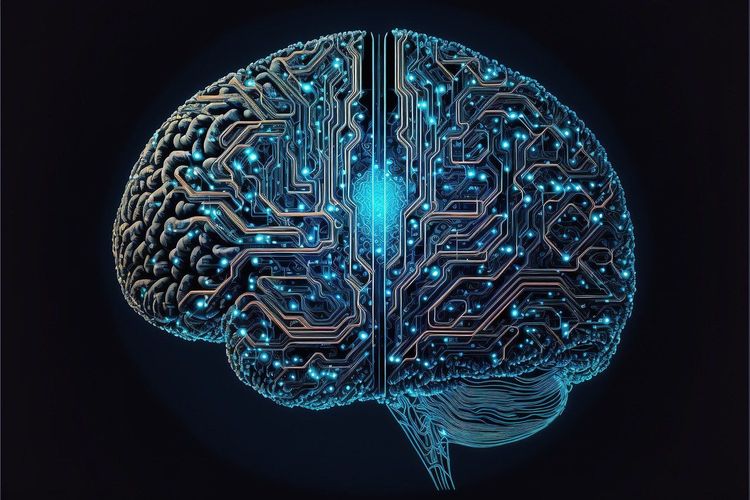Amazon Web Services (AWS) is empowering customers to implement its tools and establish guardrails for AI models, even those outside its own model library. This development coincides with the launch of the Guardrails API, a feature that was previously exclusive to Amazon Bedrock.
Announced during the annual New York Summit, the Standalone Guardrails API allows users to adjust common guardrails, including restrictions on hate speech and sexualized terms. AWS customers, regardless of whether they use Amazon Bedrock, can now connect any AI model or application to the API and set appropriate guardrails.
Vasi Philomin, Vice President of Generative AI at AWS, explained that the purpose of the standalone Guardrails API is to enhance model selection for customers, a fundamental principle of Amazon’s generative AI strategy. He noted, “Guardrails support safety, privacy, and truthfulness. With this single solution, you can apply guardrails across various models, including those from OpenAI.”
Launched in April 2023, Amazon Bedrock is AWS's cloud service that hosts a range of AI models, from Amazon's own Titan models to open-source options like Meta’s Llama 3 and Anthropic’s Claude 3 family. However, it currently does not support OpenAI models.
AWS introduced Guardrails within Bedrock in April, and other model gardens, such as Microsoft’s Azure AI, offer similar features to enterprise users who may require flexibility in interpreting certain terms.
The Guardrails API is now available.
Checking for Hallucinations with Contextual Grounding
The new Contextual Grounding feature enables customers to verify whether AI models, agents, or retrieval-augmented generation (RAG) systems provide accurate data rather than generating false information. Philomin highlighted that hallucinations remain a significant hurdle for many organizations exploring large language models (LLMs). Developers can determine the extent of automation in these contextual checks, which can identify and filter over 75% of hallucinations before responses reach users.
Matt Wood, AWS Vice President for Technology, stated that this capability allows customers to develop more refined systems and adopt generative AI in situations where hallucinations could have serious consequences. "This real-time check bolsters user confidence in responses," Wood added, emphasizing that the safeguard significantly reduces the likelihood of misinformation reaching end-users.
Enhancements for AI Agents on Bedrock
AWS has also unveiled new functionalities for creating AI agents within Bedrock.
Expanded Memory Capacity
AI agents built on Bedrock will benefit from improved memory capabilities, allowing them to retain information across interactions. Unlike traditional models that lose context after a single conversation, these agents will reference historical dialogues. For example, a flight booking agent can remember a user's seating preference and favored airlines.
Additionally, AWS introduced a new code interpretation feature that enables AI models to analyze complex data through code. Wood explained that while traditional AI models struggle with numerical data, this new function allows agents to read files, write code to analyze data, and generate insightful responses to user queries. For instance, a user could ask the AI to identify the most profitable zip code for real estate, and the agent could process relevant data to provide an answer.
Users of Anthropic’s Claude 3 Haiku model via Bedrock can now also fine-tune the model.
Philomin emphasized that these updates aim to enhance customer choice and customization when working with AI models, reinforcing Amazon’s commitment to preventing vendor lock-in. “We believe generative AI will transform every business function across industries. Our goal is to equip customers with the tools they need to innovate effectively,” he stated.







